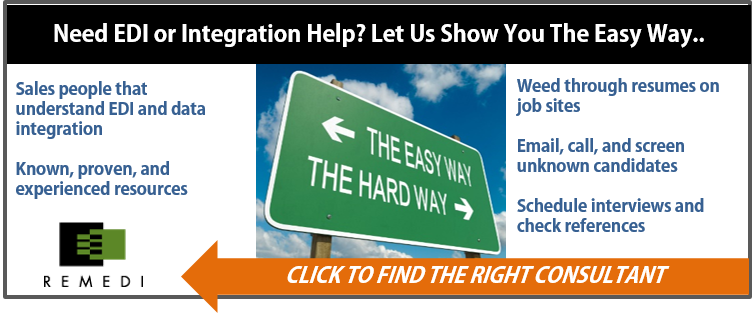Having managed a number of teams over the years, one of my greatest rewards is to witness a diverse group of individuals accomplish a common goal. Diversity in the workplace means a lot of different things to a lot of different people depending on the seat they sit in for your company. What I am addressing here is a different kind of diversity. Let me explain.
A few weeks ago I was having dinner with a group of friends, a few of whom hold managerial roles. We somehow began talking about hiring. One friend who is a successful manager for a technology company shared that several years ago after a group interview of a candidate, one team member suggested the candidate be excluded from consideration because their GPA was too high. The rationale offered for excluding candidates with excessively high GPA’s was that if hired, their approach might be too theoretical and someone with a GPA less than 3.0 might be more realistic and practical. I’ll bet you can guess the GPA of the team member who gave this input. What this team member was really saying can be translated; “Hire more people like me!” Hiring people with the same strengths and weaknesses as “me” is a huge temptation when interviewing, and can be a terrible mistake.
Differences Matter!
When managed intentionally, people with different strengths can make for better teams. Members within a team who have different and complementary strengths can often accomplish more as a group if they possess the ability to work with people who aren’t exactly like themselves. But, only if everyone is clearly aligned with the group mission to a degree that rises above their own personal preferences for how every detail is decided, designed, or accomplished. Seems like common sense, but this is often counterintuitive to many managers and the Sr. staff members they rely on because of our understandable human nature to like and trust others who are “just like us”.
When assessing the strengths within your team, avoid spending too much time evaluating weaknesses. Gaps that form obstacles to success shouldn’t be ignored, but perhaps weaknesses should if there is an offsetting and complimentary strength that your team clearly benefits from having in its midst.
Someone with a complementary strength, properly aligned to your team’s mission, can help the group approach problems and opportunities more effectively based on the strength they bring to the table. If you have a team comprised of only big picture people, who will keep an eye out for the daily details? If you have all task oriented personalities on your team, who will provide vision for greater solutions or motivate the team to think outside the box?
Now, Go Find Your Strength.
According to the work of the late Donald O. Clifton, PhD, recognized as the “Father of Strengths-based Psychology” and creator of the original Gallup StrengthsFinder assessment, people have a limited capacity for effectively managing hardwired weaknesses. He and a team of researchers concluded that people should focus on leveraging their areas of greatest strength rather than improving weaknesses in order to reach their maximum potential. Understanding the top strengths of each employee on your team can help make managing a diverse group much easier.
Understanding what your ideal team should look like from a complementary strengths perspective can make hiring a little easier in terms of selecting someone who will benefit your group vs fit your group.
You certainly can’t ignore skills gaps, but if someone has the requisite skills to do the job, and brings an alternate way of approaching work to the table that adds to your culture and raises everyone’s game, why would you pass up that opportunity? Not different for the sake of different. Different for the sake of better!



